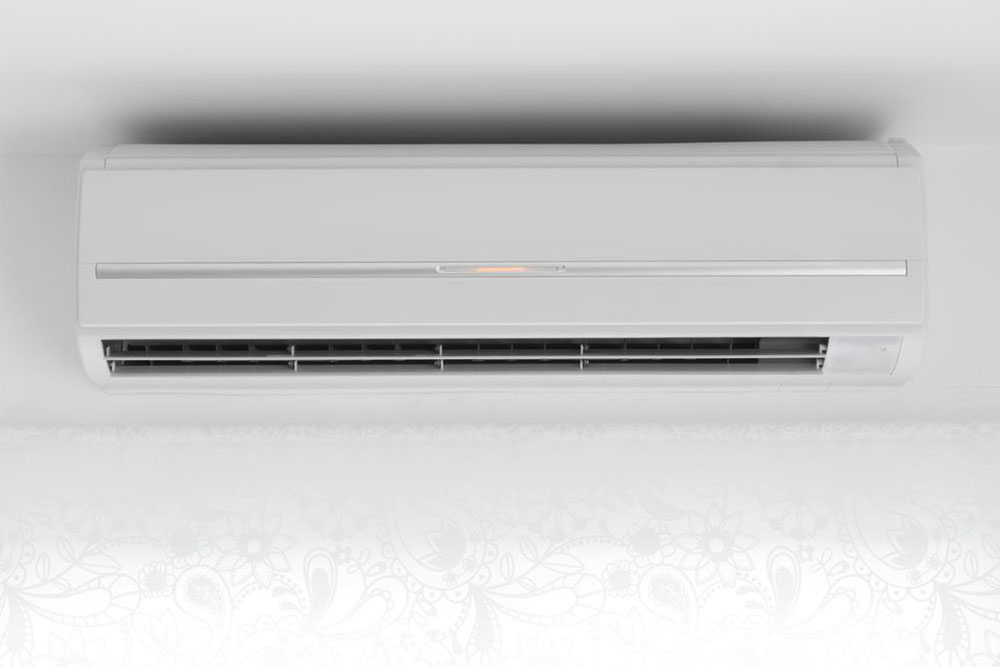Comprehensive Guide to Choosing Energy-Efficient Refrigerators for Cost Savings and Eco-Friendliness
This comprehensive guide emphasizes the importance of choosing energy-efficient refrigerators to save on energy costs and reduce environmental impact. It explores the benefits of modern, eco-friendly models and highlights top options with innovative features. Designed for environmentally conscious consumers, the article provides detailed insights into capacity, efficiency ratings, and technological advancements, helping readers make informed purchasing decisions. Upgrading to energy-efficient refrigeration not only cuts costs but also promotes sustainability, making it a vital investment for modern households committed to eco-friendly living.

The Benefits of Selecting Energy-Efficient Refrigerators
In an era where environmental consciousness is becoming increasingly vital, consumers are more focused than ever on making sustainable choices in their daily lives. One significant way to contribute to environmental conservation while also reducing household expenses is by selecting appliances that are energy-efficient. Among these, refrigerators play a pivotal role due to their constant operation. Products with Energy Star certification have become highly desirable, signaling their commitment to high-efficiency standards. These appliances are recognized not only for their eco-friendly design but also for their ability to reduce energy consumption significantly.
Why is choosing an energy-efficient refrigerator critical? Most households heavily rely on refrigerators, which are essential for food preservation and daily convenience. However, traditional or non-certified models can consume substantial amounts of electricity, leading to inflated energy bills. Given that refrigerators operate continuously, their energy consumption directly impacts household costs. Historically, older refrigerator models, such as the common 18 cubic foot units, used around 1400 kilowatt-hours (kWh) annually. This high energy use has prompted manufacturers to innovate, significantly reducing consumption in newer models.
Modern refrigeration technology has dramatically improved energy efficiency. Today’s advanced refrigerators consume approximately 350 kWh per year, representing a reduction of up to 75%. Such a drastic decline in energy use not only offers financial benefits but also aids in reducing carbon footprints. Replacement of old models with newer, energy-smart refrigerators can lead to significant savings. For example, replacing an outdated 18-cubic-foot fridge can save around 1,000 kWh annually, translating into substantial cost reductions over time.
Higher efficiency refrigerators are generally designed to operate with less power while maintaining optimal performance. They typically incorporate innovative features such as LED lighting, high-quality insulation, digital temperature controls, and specialized compressors. All these advancements work together to reduce overall energy consumption while enhancing user experience. Additionally, choosing appliances with higher star ratings—typically 3 to 5 stars—further ensures energy savings and reduced environmental impact.
Here’s an overview of some leading energy-efficient refrigerators available on the market today, each offering unique features and efficiency advantages:
Frigidaire FFET1022Q
This compact refrigerator consumes approximately 296 kWh annually and offers a generous 9.9 cubic foot capacity. Its interior is well-lit with bright LED lights, providing clear visibility without excessive energy use. Separate temperature controls for the freezer and fridge compartments allow precise adjustments, optimizing energy efficiency without compromising performance. It’s an excellent choice for small households or as a secondary refrigerator for specific needs.
Bosch B10CB80NVS
As a premium, high-end model, the Bosch B10CB80NVS refrigerator consumes around 314 kWh per year. Its capacity of 11.4 cubic feet offers ample storage space. This model is equipped with Hydro-Fresh drawers designed to maintain optimal humidity levels, extending the freshness of fruits and vegetables. Energy-efficient LED lighting ensures minimal power consumption while illuminating the interior effectively. The combination of quality materials and innovative features makes it a top choice for environmentally conscious consumers seeking luxury and efficiency.
Samsung RT18M62*3***
Providing 17.6 cubic feet of storage capacity, this Samsung refrigerator consumes about 364 kWh annually. Its top freezer configuration includes FlexZone cooling—an adjustable zone that allows different temperature settings for versatile storage options. The LED lighting system enhances visibility and consumes minimal power, further contributing to its energy-saving design. It's suitable for medium-sized families looking for a balance of capacity, modern features, and environmental responsibility.
LG LFC24770ST
Priced around USD 1,700, this French door refrigerator features a 3-door design with dual evaporators that maintain optimal humidity levels for different compartments. Its annual energy cost is approximately USD 61, thanks to digital temperature controls and spill-proof shelves that improve efficiency and usability. The built-in model offers advanced features like smart temperature regulation and sleek design, making it a popular choice for modern homes aiming for energy savings.
Jenn-Air JF42NXFXDE
This built-in French door refrigerator stands out for its superior energy efficiency, with annual operational costs around USD 58. Despite a luxury price tag of about USD 8,500, it justifies this with premium features, exceptional build quality, and minimal power consumption. Its sophisticated design includes innovative cooling technologies, customizable storage options, and state-of-the-art insulation, catering to high-end consumers seeking sustainability without compromising style and performance.
In general, top freezer refrigerators tend to be more energy-efficient compared to side-by-side or bottom freezer styles. The total capacity, features, and proper installation with excellent ventilation also influence energy consumption. For typical households of 2-4 members, an 18-cubic-foot refrigerator strikes the ideal balance, providing enough storage while remaining cost-effective and eco-friendly. Additionally, understanding energy ratings, usually displayed as 3 to 5 stars, helps consumers make informed decisions. Choosing appliances from reputable brands such as Bosch, Samsung, and LG ensures compliance with energy-saving standards, ultimately leading to smarter, more sustainable living.
In conclusion, selecting an energy-efficient refrigerator is a vital step toward reducing household energy bills and minimizing environmental impact. With technological advancements, consumers now have access to a wide range of models that combine performance, style, and sustainability. By understanding capacity needs, energy ratings, and key features, buyers can make well-informed decisions that benefit both their wallets and the planet. Upgrading to an energy-efficient refrigerator today not only saves money but also contributes to a greener future for future generations.





